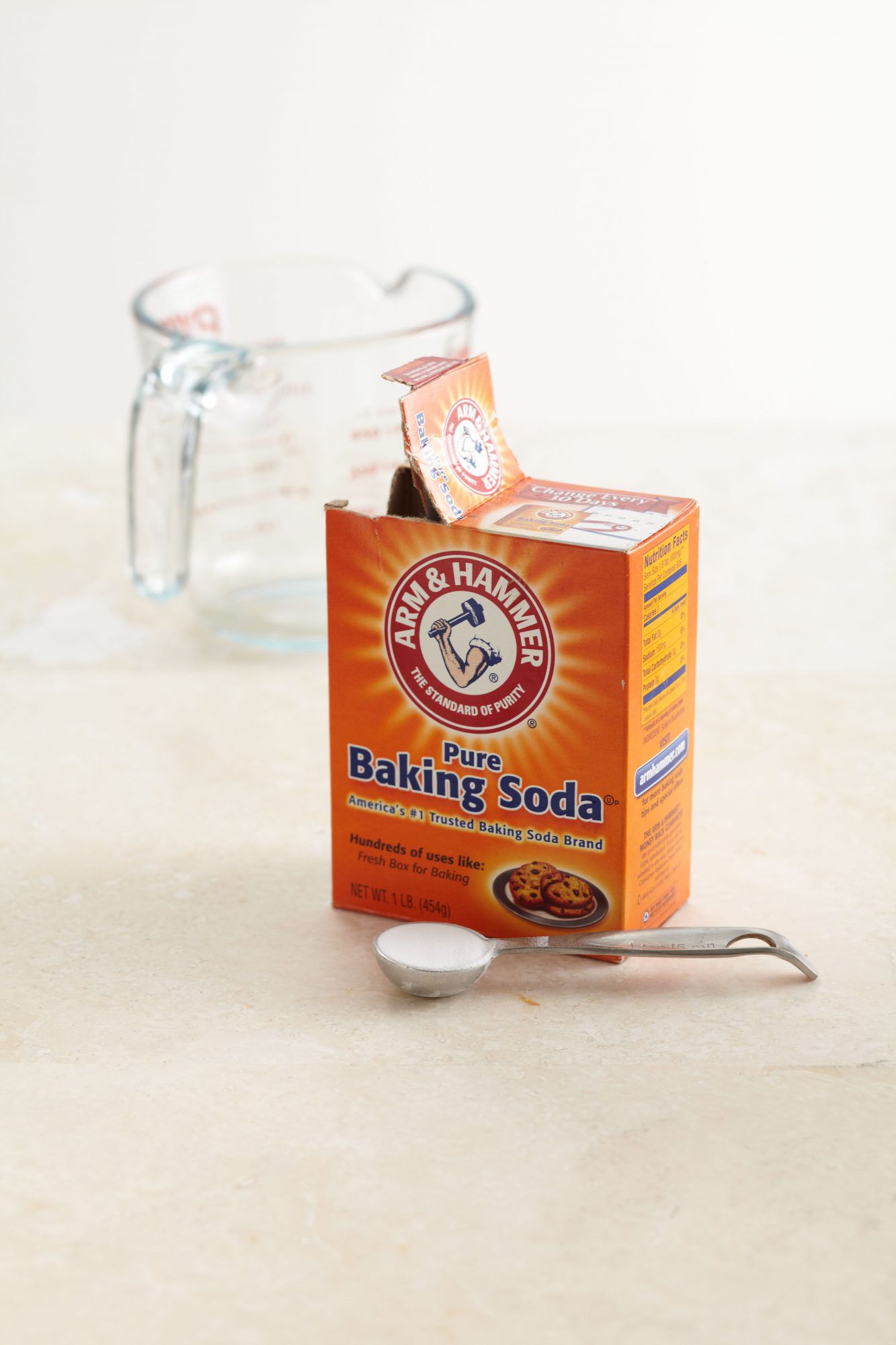
Using baking soda and lemon juice to combat excess stomach acid may be a good home remedy, as effective OTC antacids contain similar ingredients. Although lemon juice does not neutralize stomach acid, it may help stabilize the pH level inside the stomach. A buffer refers to a weak acid or base that prevents drastic pH changes. When a person mixes lemon juice and baking soda, the citric acid reacts with the sodium bicarbonate to produce a buffer called sodium citrate. Lemons and other citrus fruits are rich sources of naturally-occurring citric acid. Many OTC antacids contain sodium bicarbonate and citric acid. Although lemon juice by itself had almost no effect, sodium bicarbonate successfully neutralized the synthetic stomach acid. The authors of this study created artificial stomach acid with a pH of 1.2. Consuming baking soda and lemon juice together may also neutralize stomach acid in a similar fashion as an antacid.Ī 2017 study examined the antacid effects of various foods. Many people with excess stomach acid take over-the-counter (OTC) antacids to relieve their symptoms. Share on Pinterest Citrus fruits are a rich source of citric acid.Įxcess stomach acid can cause uncomfortable symptoms, such as heartburn, vomiting, and indigestion. Instead, a person can try using neutral cleansers or chemical peels that contain AHAs, such as glycolic acid. Using a homemade mixture of baking soda and lemon juice may potentially be harmful to the skin.
#Baking soda skin
Low pH levels may cause skin irritation, hyperpigmentation, and UV light sensitivity.

The high acid content of lemon juice can lower the pH level of the skin. This means that very little vitamin C will actually penetrate the skin. However, skin cells naturally repel water-soluble molecules, such as vitamin C. Citric acid is an alpha-hydroxy acid (AHA) that manufacturers commonly use in chemical peels. Lemon juice appears to have obvious skincare applications because it contains concentrations of vitamin C and citric acid, which both provide powerful skin benefits.

Higher pH levels can disrupt the barrier function of the skin, which may lead to dryness, excess oil production, and acne.

Bases, such as baking soda, will increase the pH of the skin. Usually, the skin has a weakly acidic pH of about 5.7.


 0 kommentar(er)
0 kommentar(er)
